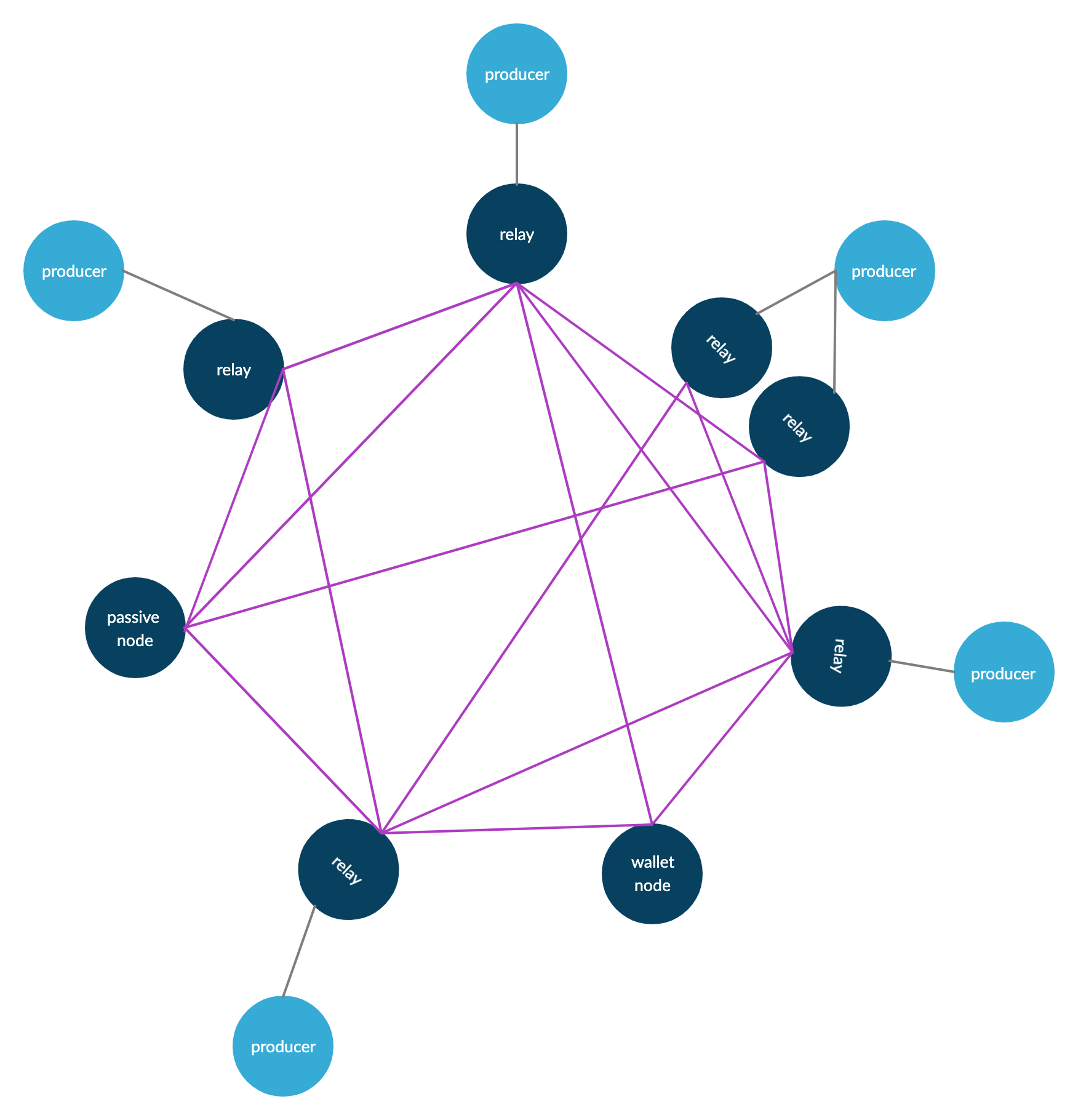I just started out with Cardano and blockchain and I read in an article somewhere that said that each stake pool must run at least one block-producing node and one relay node. The block-producing node holds the keys and certificates necessary to issue blocks, but it is not directly connected to the network.
As far as I understand, the blocks are produced by the pools and each of certain pools are assigned for different slots (epoch divided into slots) to mine a new block, but what do the relay nodes do?
